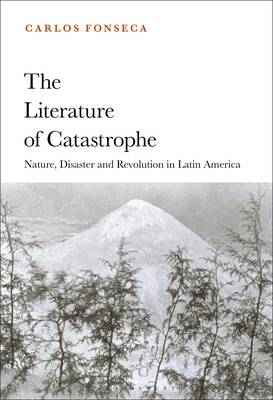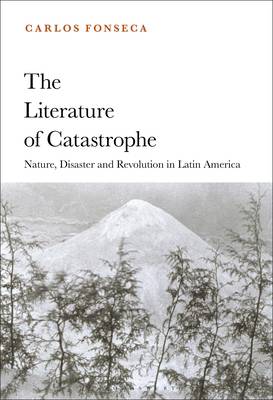
- Retrait gratuit dans votre magasin Club
- 7.000.000 titres dans notre catalogue
- Payer en toute sécurité
- Toujours un magasin près de chez vous
- Retrait gratuit dans votre magasin Club
- 7.000.0000 titres dans notre catalogue
- Payer en toute sécurité
- Toujours un magasin près de chez vous
The Literature of Catastrophe
Nature, Disaster and Revolution in Latin America
Carlos FonsecaDescription
This book investigates how nature and history intertwined during the violent aftermath of the Latin American Wars of Independence. Synthesizing intellectual history and readings of textual production, The Literature of Catastrophe reimagines the emergence of the modern Latin American nation-states beyond the scope of the harmonious "foundational fictions" that marked the emergence of the nation as an organic community. Through a study of philosophical, literary and artistic representations of three catastrophic figures - earthquakes, volcanoes and epidemics - this book provides a critical model through which to refute these state-sponsored "happy narratives," proposing instead that the emergence of the modern state in Latin America was indeed a violent event whose aftershocks are still felt today.
Engaging a variety of sources and protagonists, from Simón Bolívar's manifestoes to Cesar Aira's use of landscape in his novels, from the revolutionary role mosquitoes had within the Haitian Revolution to the role AIDS played in the writing of Reinaldo Arenas' posthumous novel, Carlos Fonseca offers an original retelling of this foundational moment, recounting how history has become a site where the modern division between nature and culture collapses.Spécifications
Parties prenantes
- Auteur(s) :
- Editeur:
Contenu
- Nombre de pages :
- 208
- Langue:
- Anglais
Caractéristiques
- EAN:
- 9781501370700
- Date de parution :
- 18-11-21
- Format:
- Livre broché
- Format numérique:
- Trade paperback (VS)
- Dimensions :
- 152 mm x 229 mm
- Poids :
- 285 g

Les avis
Nous publions uniquement les avis qui respectent les conditions requises. Consultez nos conditions pour les avis.






